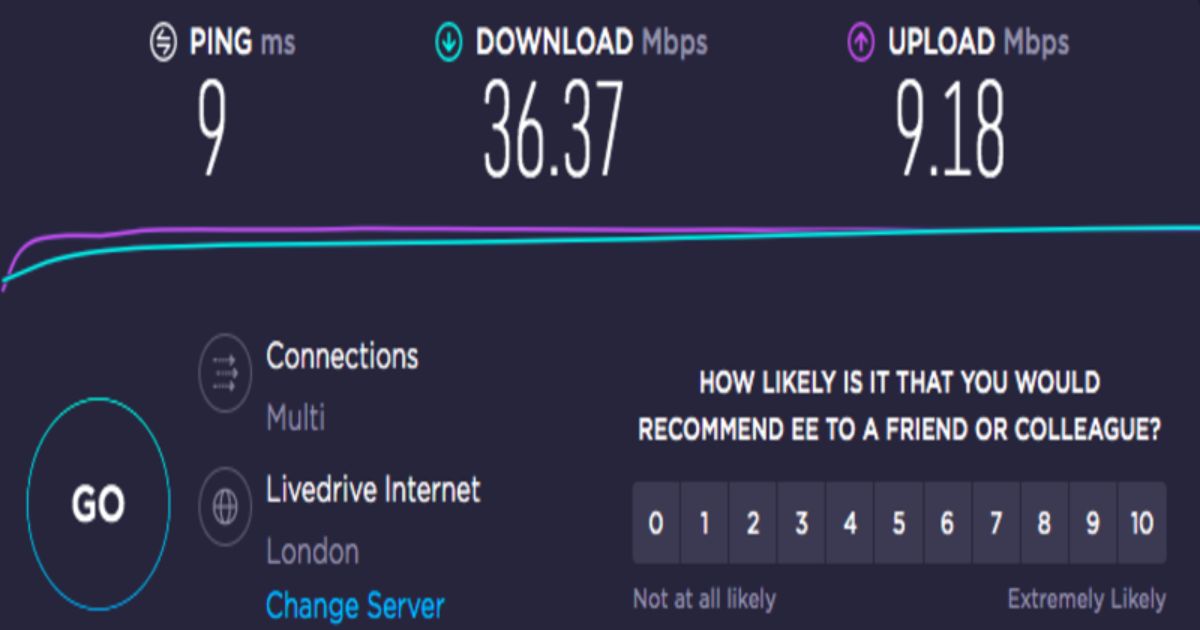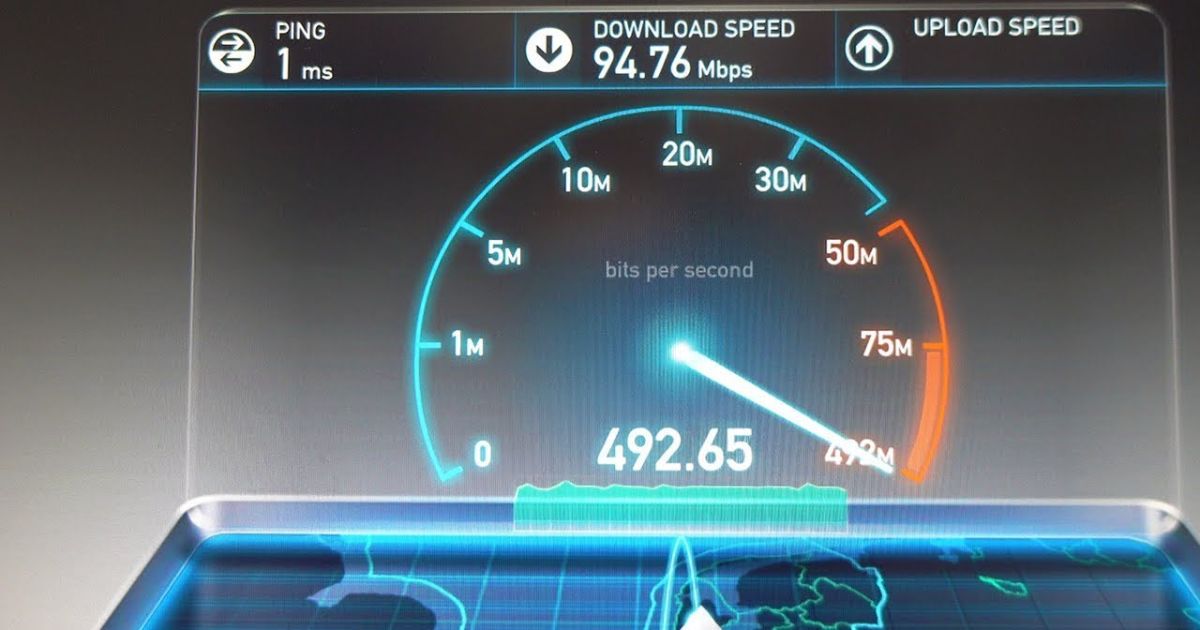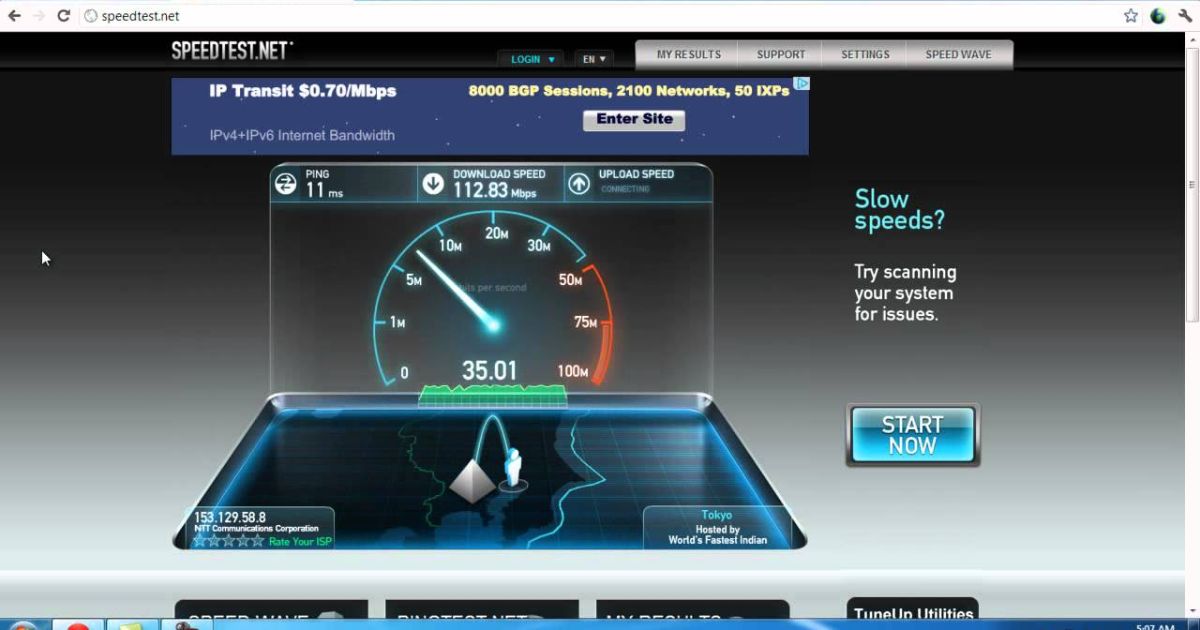In the fast-paced world of online gaming, a crucial factor that determines the quality of your gameplay is the upload and download speed of your internet connection. A good upload and download speed can ensure a seamless gaming experience with minimal lag and delays. But what exactly is considered a good speed? In this article, we will delve into the factors that influence gaming performance and provide recommendations for upload and download speeds to optimize your gaming sessions.
Key Takeaways
- Upload and download speeds directly impact gaming experience and online gameplay.
- Optimal performance in online gaming requires upload and download speeds of at least 25 Mbps.
- Network congestion significantly affects gaming experience, causing lag and disrupted gameplay.
- Testing and improving internet speed can optimize gaming experience.
The Importance of Upload and Download Speeds in Gaming
In the realm of gaming, the significance of upload and download speeds cannot be overstated, as they directly impact the overall gaming experience and the ability to engage in seamless online gameplay. Network congestion is one of the factors that can greatly affect gaming performance. When numerous users are simultaneously accessing the network, it can lead to slower speeds and increased latency, resulting in lag and disrupted gameplay. Internet service providers (ISPs) play a crucial role in optimizing gaming speeds. By investing in infrastructure and technologies such as fiber-optic cables and advanced routers, ISPs can ensure faster and more stable connections for gamers. Additionally, ISPs can implement traffic management techniques to prioritize gaming data, reducing the impact of network congestion and improving the gaming experience for their customers.
Factors That Influence Gaming Performance

One of the key determinants affecting gaming performance is the hardware specifications of the gaming device. The impact of hardware on gaming performance cannot be underestimated, as it directly affects the smoothness, graphics quality, and overall gaming experience. Here are four key factors that highlight the influence of hardware on gaming performance:
- Processor speed and efficiency: A powerful processor ensures faster game loading times, smoother gameplay, and better frame rates.
- Graphics card capability: A high-performance graphics card is crucial for rendering complex graphics and ensuring smooth gameplay without lag or stutter.
- RAM capacity: Sufficient RAM allows for quick data retrieval and multitasking, optimizing gaming performance and reducing loading times.
- Storage type and capacity: Fast and ample storage space ensures quick game installations, faster loading times, and minimal lag during gameplay.
In addition to hardware, network congestion also plays a significant role in the gaming experience. High network congestion can result in increased latency, packet loss, and overall poor connection quality, leading to laggy and frustrating gameplay. It is important to have a stable and reliable internet connection for a smooth gaming experience.
Understanding Latency and Ping for a Smooth Gaming Experience
Latency and ping are critical factors in ensuring a smooth gaming experience, with lower latency and ping values being desirable for optimal gameplay. Lag, which is the delay between a player’s action and its response in the game, can be minimized by implementing strategies to reduce latency and ping in online gaming.
One strategy to minimize lag is to ensure a stable and reliable internet connection. This can be achieved by using a wired connection instead of relying on Wi-Fi, as wired connections typically have lower latency and more stable ping values. Additionally, choosing an internet service provider that offers high-speed and low-latency connections can greatly improve gaming performance.
Another factor that affects latency and ping is network congestion. When there is a high volume of data traffic on a network, it can lead to increased latency and ping values. To address network congestion, gamers can try connecting to less congested servers or scheduling their gaming sessions during off-peak hours when internet traffic is lower.
Recommended Upload and Download Speeds for Online Gaming

To achieve optimal performance in online gaming, it is recommended to have upload and download speeds of at least 25 Mbps. Having fast and stable internet speeds is crucial for a smooth gaming experience. Slow speeds can significantly impact gameplay, causing lag, delays, and other frustrating issues. Here are four reasons why recommended speeds are important for online gaming:
- Reduced latency: Faster speeds help reduce latency, the delay between your actions in the game and the server’s response. Lower latency ensures quicker response times and a more immersive gaming experience.
- Seamless multiplayer gameplay: Online multiplayer games require a strong internet connection to handle the constant flow of data between players. Recommended speeds ensure a seamless multiplayer experience with minimal disruptions.
- Faster downloads and updates: With recommended speeds, game downloads and updates are faster, allowing you to start playing sooner. Slow speeds can lead to longer wait times and delays in accessing new content.
- Smooth streaming and voice chat: Online gaming often involves streaming gameplay and communication through voice chat. Higher speeds ensure smooth streaming and clear voice communication, enhancing the overall gaming experience.
How to Test and Improve Your Internet Speed for Gaming
Ensuring a smooth gaming experience can be achieved by testing and improving your internet speed, allowing for optimized gameplay. Common internet speed issues for gamers include high latency, packet loss, and slow upload and download speeds. To optimize your network for gaming, there are several tips you can follow. First, make sure you are using a wired connection instead of Wi-Fi, as this can reduce latency and increase stability. Additionally, close any unnecessary programs or applications running in the background to free up bandwidth for your game. It is also recommended to prioritize your gaming device on your router to ensure it receives maximum bandwidth. Finally, regularly test your internet speed using online speed tests to identify any issues and work with your internet service provider to resolve them. By following these tips, you can improve your internet speed for gaming and enjoy a seamless gaming experience.
Conclusion
In conclusion, having a good upload and download speed is crucial for a smooth gaming experience. Factors such as latency and ping also play a significant role in determining gaming performance. It is recommended to have an upload speed of at least 3 Mbps and a download speed of at least 10 Mbps for online gaming. Testing and improving internet speed can help ensure a seamless gaming experience. As the saying goes, “A slow connection can turn a victory into defeat.”

Brook over 3 years of professional gaming, esports coaching, and gaming hardware reviews to provide insightful expertise across PC, console, and mobile gaming.










